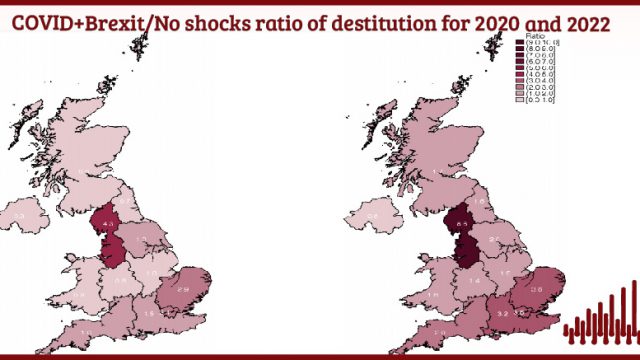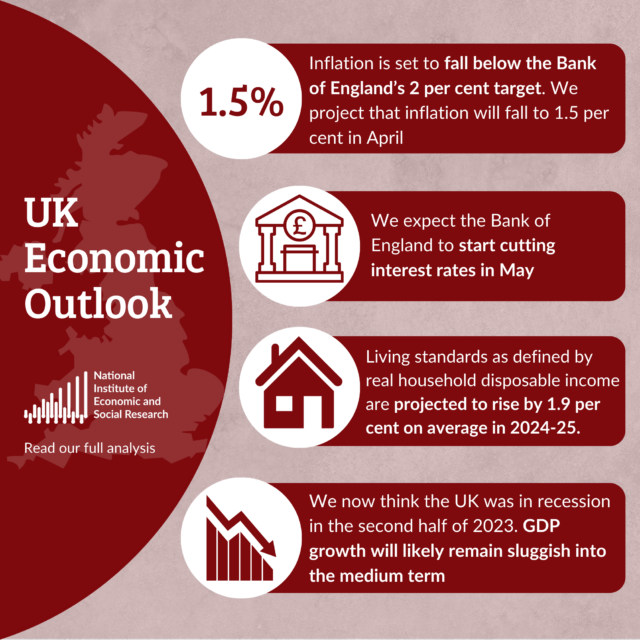Stress Testing the Fiscal Framework
The tax and public spending arrangements between the UK government and the devolved governments in Scotland, Wales and Northern Ireland were put under severe strain by both the pandemic and Brexit. How did they fare? In practice, with some “muddling through” they dealt with the main challenges. But this has come at the cost of a loss of autonomy in the devolved territories.
Sign in to Access Pub. Date
Pub. Date
 Pub. Type
Pub. Type

Main points
- Brexit and the pandemic caused fiscal stress in Scotland, Wales and Northern Ireland.
- HM Treasury responded flexibly to the pandemic, increasing block grants to the devolved territories.
- Replacement of European funding has been problematic, both in the time it took and the increased control taken by Westminster over the size and direction of these “levelling up” funds.
- There is a need for to regularise these arrangements so that there is less need to make ad-hoc arrangements in the face of the next crisis.
The part of the UK fiscal framework which determines how UK government funding is allocated across the four home nations has undergone profound change since 2012, given tax and social security devolution. The UK government's post-Brexit plans for regional development funding, state aid, regulation and trade negotiations have led to significant disagreements about the nature of the devolved fiscal and constitutional settlement. And the COVID-19 pandemic provided a major shock to a fiscal system with limited flexibility for the Scottish, Welsh and Northern Irish devolved governments. This paper reviews the changes and challenges faced during these reforms and policy shocks. We find that: tensions about reforms to funding arrangements reflect the inconsistency of principles guiding the reforms; that the UK government's post-Brexit plans do reduce the policy autonomy of the devolved governments, but reflect powers central governments often have in even highly decentralised countries; and that temporary changes to rules and the nature of the COVID-19 pandemic prevented a subnational fiscal crisis, but that more systematic change may make the system more robust to future shocks. This suggests a review of the principles underpinning the UK's subnational fiscal and economic policies would be highly worthwhile.
























